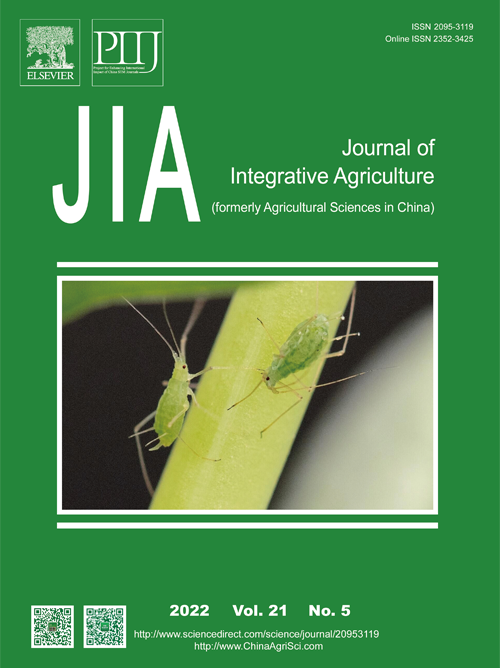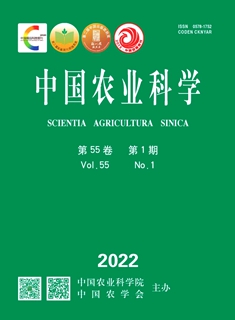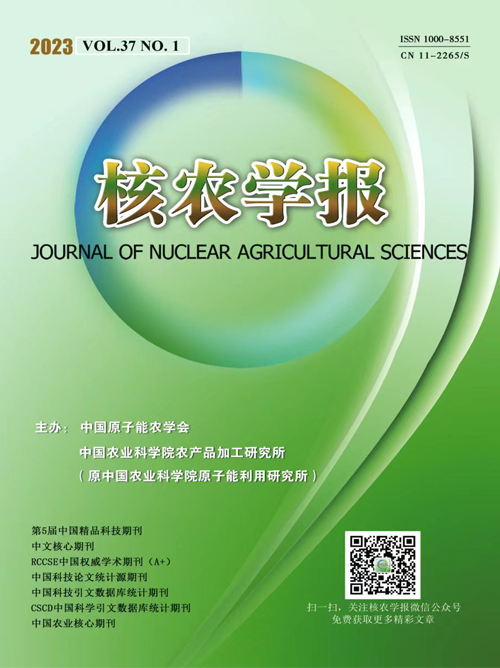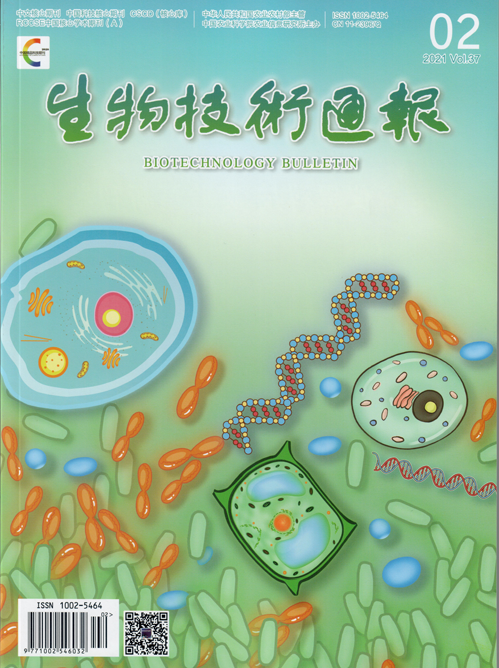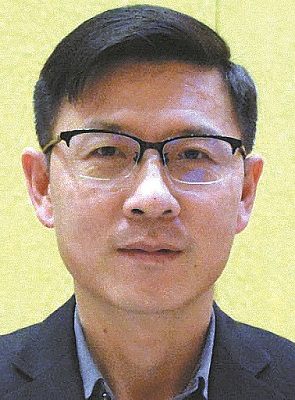
Deng Qianchun
Chinese technological knowhow can help double the productivity of sesame, peanut and other oil crops in Africa, turning the continent into a global supplier of raw materials for cooking oil, a lawmaker suggested.
The new frontier of China-Africa collaboration would increase African incomes while diversifying supply away from major soybean producers such as Brazil and the United States, providing a boon to China's national food security during uncertain times, said Deng Qianchun, a deputy to the 14th National People's Congress, the country's top legislature.
A researcher at the Chinese Academy of Agricultural Sciences' Oil Crop Research Institute, Deng submitted a suggestion to the recently concluded annual legislative session that called on the Chinese government to set up research hubs and industrial parks in sub-Saharan Africa.
Joint research could then be conducted to develop enhanced crop varieties, promote more efficient farming techniques and machines, and improve African nations' food processing capacity and food safety standards, Deng said in an interview before the two sessions, the annual meetings of the NPC and China's top political advisory body.
China could also step up the training of African crop scientists, he added.
"Africa has great potential to double its productivity, and further expand its growing areas with access to technologies," he said.
China has been ramping up efforts to expand growing areas of higher-yield soybeans, rapeseed and other crops commonly used to produce oil. To feed a fifth of the global population with limited arable land, China has long adopted a strategy to ensure the absolute security of its staple food supplies and lean more on imports for others.
Authorities have also encouraged a healthier diet to reduce cooking oil consumption.
Deng said China and Africa are "highly complementary in terms of agricultural development and consumption".
He said China is a populous nation that imports 70 percent of its oil crop needs, and it is unlikely the country will be able to quickly curb its reliance on imports by a large margin. However, as it works to build a strong agricultural sector with a tech-driven approach, China has amassed lots of expertise in fields including crop breeding, making it a perfect exporter of such know-how.
"Sesame yield from each hectare of land in China is 3.4 times that of Africa, and peanut productivity is four times," Deng said.
On the other hand, Africa has a farming-friendly climate, but the continent's agricultural productivity languishes as a result of old-fashioned farming methods, and more than half of the arable land there remains uncultivated wilderness, he said.
"In recent years, entrepreneurs, including some from China, have turned their sights to Africa and leased vast areas of farmland from authorities," Deng said. "But many cannot find varieties and technologies that perfectly suit local conditions. Creating labs in Africa can help with targeted research."
Deng's suggestion is in line with China's long-running policy to offer technological aid to Africa, where many countries are participating in the Belt and Road Initiative, and the Chinese government's pledge last year to help African countries modernize agriculture.
Increasing the production of oil crops is also in line with the continents' interests.
Citing United Nations' Food and Agriculture Organization figures, Deng said oil crop exports are a major source of foreign exchange earnings for Africa, which is home to 56 percent of the world's growing area for peanuts as well as 64 percent for sesame, 23 percent for oil palm and 9 percent for sunflower.
Deng said his institute had worked with some African companies and researchers to improve sesame yields in trial plantings. More than six countries and 10 institutes or companies from Africa have signed memorandums of understanding with his institute to improve sesame yields and related research.




